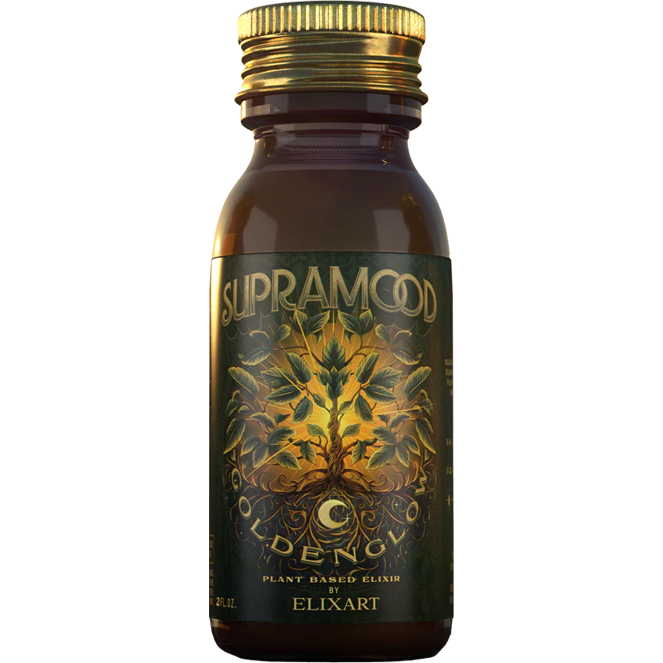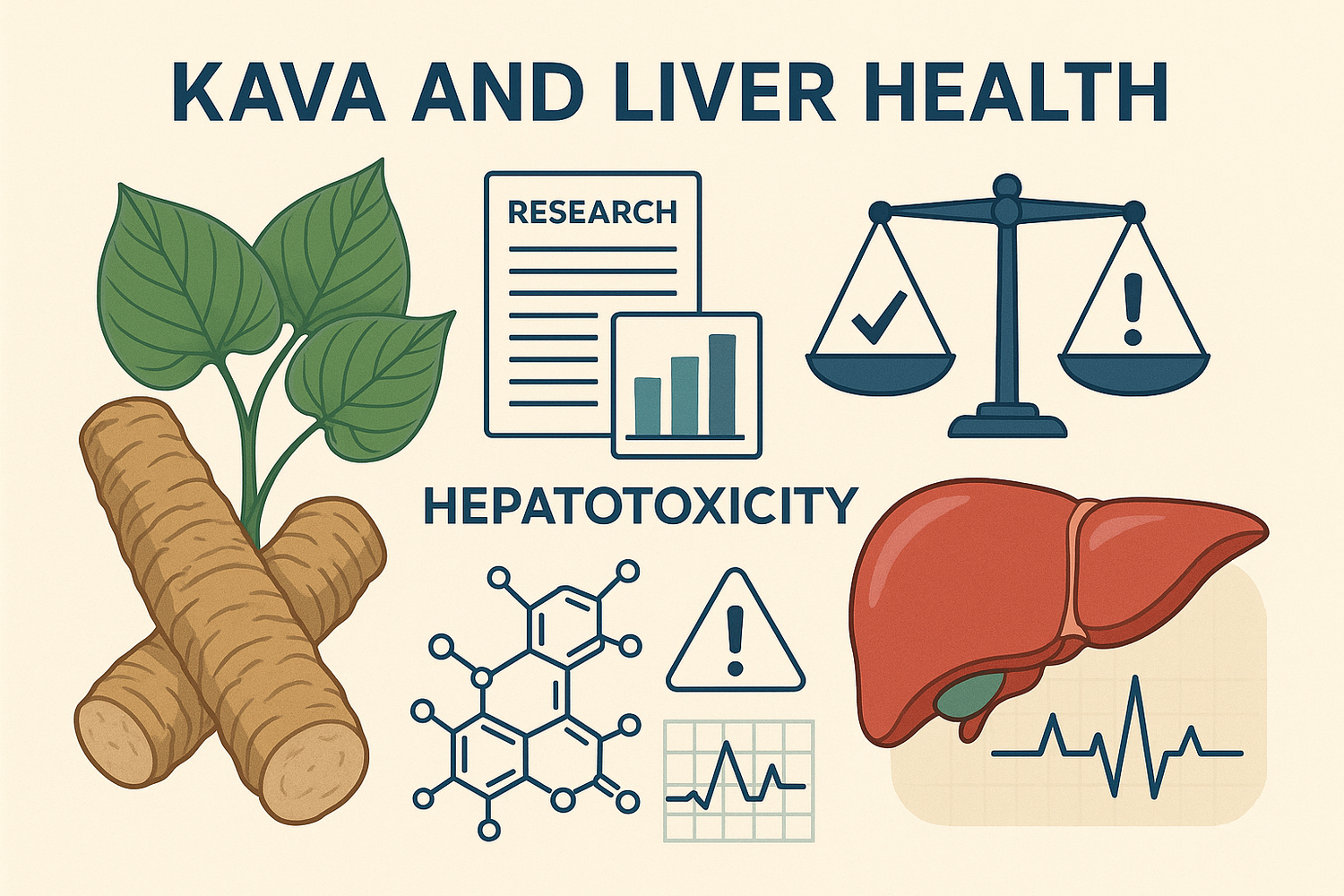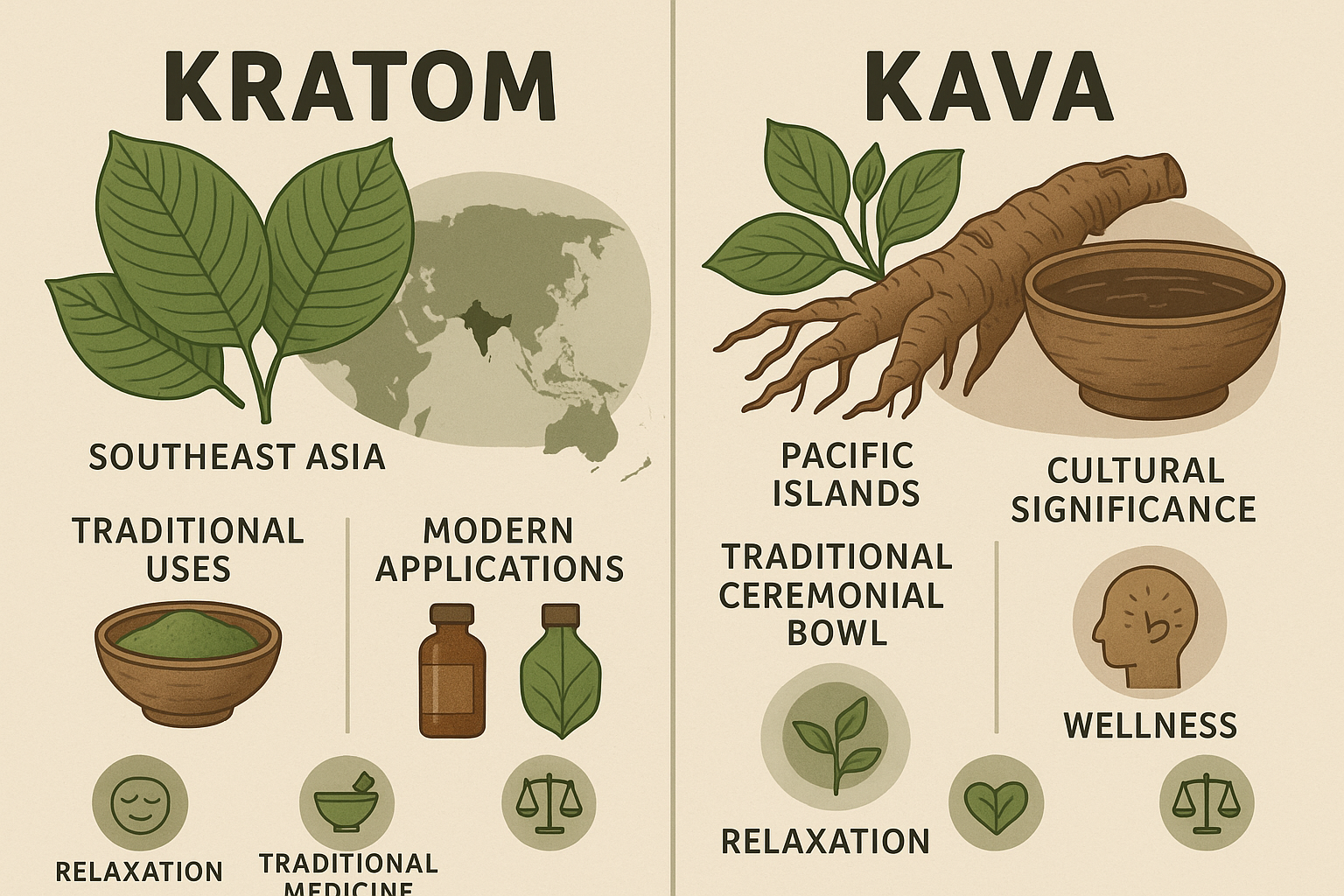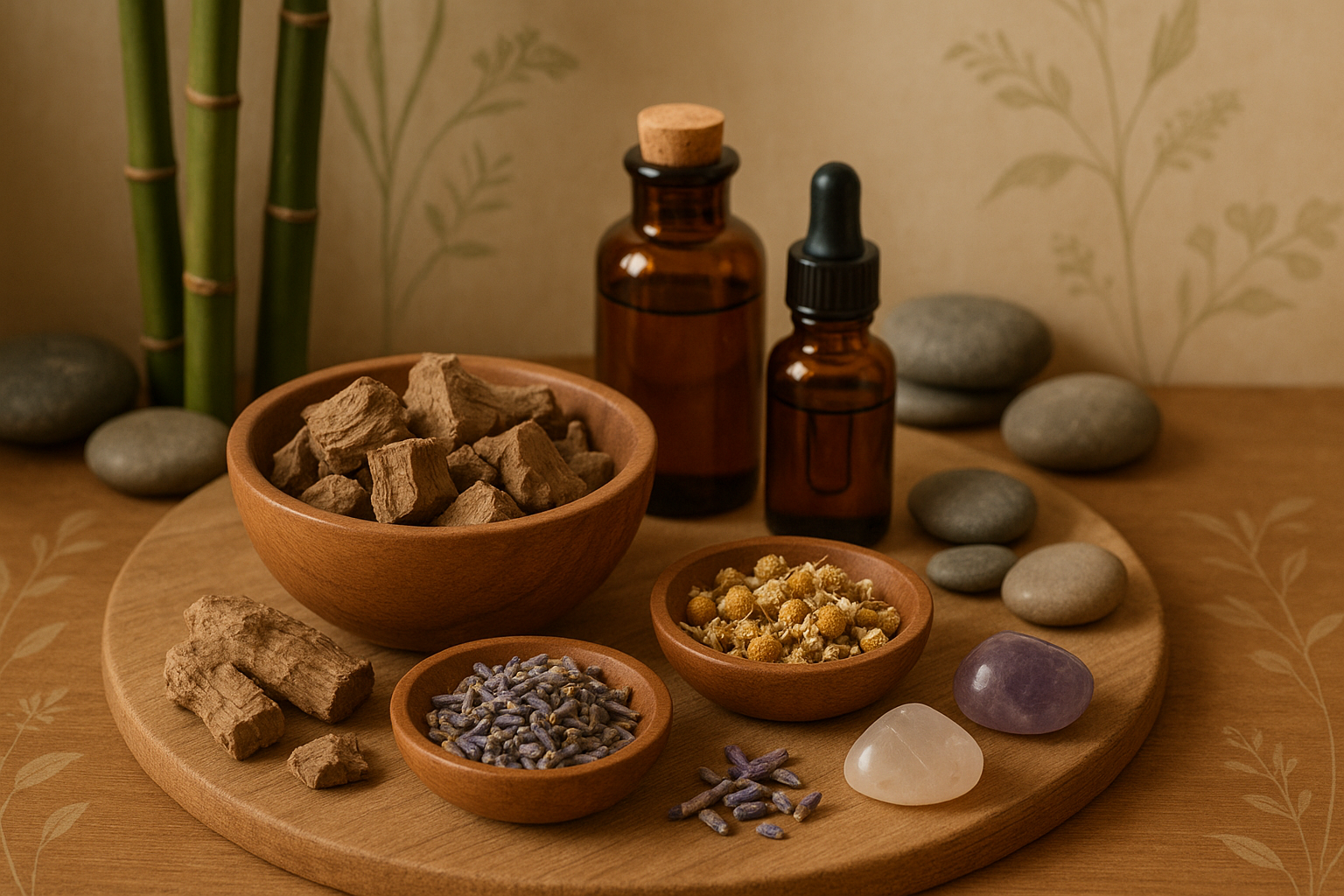Have you ever unwound with a warm cup of Kava, savoring its unique taste while enjoying its calming effects? You're not alone. Many individuals turn to Kava for relaxation, but lurking beneath this herbal remedy lies a debate about its impact on liver health. Let’s embark on a journey to uncover the truth behind Kava and assess its risks and benefits based on the most recent research.
Understanding Hepatotoxicity: What the Liver Risks Really Entail
What is Hepatotoxicity?
Hepatotoxicity refers to the potential of substances to cause damage to the liver. This can range from mild dysfunction to severe liver injury or even death. Understanding this concept is crucial for anyone using herbal supplements or medications. After all, your liver plays a vital role in detoxifying harmful substances.
But why should you care about hepatotoxicity? The liver is a resilient organ, but it can be vulnerable to certain substances. This vulnerability can lead to serious health concerns.
Recognizing the Signs
What should you look for? Here are some common symptoms of liver damage:
- Fatigue or weakness
- Jaundice (yellowing of the skin and eyes)
- Dark urine
- Light-colored stool
- Abdominal pain or swelling
If you experience any of these symptoms, consider seeking medical advice immediately. Ignoring them can lead to serious consequences.
Kava: A Closer Look
Kava is a popular herbal remedy known for its calming effects. However, its relationship with liver health is complex. Research suggests that kava may negatively interact with liver functions, particularly when consumed in large doses or without appropriate guidance. Many individuals mistakenly assume that kava is perfectly safe because it is natural. This belief can be misleading.
For instance, I once thought I could enjoy kava daily without consequence. I loved its relaxing effects, but I never considered the potential risks it posed to my liver. I learned the hard way that moderation and awareness of hepatotoxicity are key.
Understanding Individual Risks
It's important to remember that hepatotoxicity can vary between individuals. Factors like dosage, specific kava strains, and even individual health conditions can influence how your body metabolizes substances. This means what’s safe for one person may not be safe for another, especially when using products like the Supramood GoldenGlow Elixir.
Additionally, misconceptions about liver health and herbal remedies abound. Many believe that just because something is 'natural,' it's safe. This is a dangerous assumption.
Final Thoughts
Understanding hepatotoxicity is essential for making informed choices about your health, especially regarding herbal remedies like kava. Equip yourself with knowledge and always stay vigilant!
Factors That Increase Risk: Dosage, Strain, and Other Influencing Factors
When considering Kava consumption, understanding the factors that can influence liver health is crucial. It’s not just about the amount you take; the type of Kava and your personal biology play significant roles, too.
1. How Dosage Can Affect Liver Health
Research clearly shows that higher doses of Kava are linked to an increased risk of liver issues. If you’re consuming Kava regularly, you might wonder: how much is too much? Flattening the dose curve might be wise. Past studies suggest that even moderate use can lead to health problems for some individuals.
2. Different Kava Strains and Their Properties
Not all Kava is created equal; some may pose more risks than others. Certain strains contain higher levels of specific compounds that can be more hepatotoxic. This means if you're choosing a strain to relax or unwind, do you know its background? Always research before consumption.
3. The Role of Individual Metabolism
Everyone's body reacts differently. Your metabolism can play a pivotal role in how your liver processes Kava. Some people might metabolize Kava without issues, while others may experience liver toxicity. This variability is one of the reasons case studies on users present such varied experiences.
4. Case Studies Highlighting Varied Experiences
Case studies serve as a reminder of individual experiences. Some users report no adverse effects while others face significant health issues. These discrepancies echo the importance of personal choice. How does your body handle Kava? This question is essential to answer.
Here’s a closer look at the percentage of users who experienced liver issues at various dosages:
Dosage (mg)
Percentage of Liver Issues (%)
|
100 |
5% |
|
250 |
10% |
|
500 |
20% |
|
1000 |
35% |
Below is a visual representation of this data. It illustrates how risks can escalate with increased dosages:
 If you're interested in premium Kava options, consider checking out Supramood's Golden Glow Elixir. Understanding the risks and factors involved is key to making safe choices.
If you're interested in premium Kava options, consider checking out Supramood's Golden Glow Elixir. Understanding the risks and factors involved is key to making safe choices.
"Not all Kava is created equal; some may pose more risks than others."
By familiarizing yourself with these factors, you can enjoy Kava responsibly and minimize your risks.
Review of Current Research: Summaries of Recent Studies on Liver Impact
Key Findings from Recent Studies
Recent studies between 2020 and 2023 show mixed results regarding Kava's impact on the liver. Some research indicates potential hepatotoxic effects, meaning that Kava might harm the liver. Others suggest minimal risks with proper usage. Isn't it intriguing that the same subject can lead to such different conclusions?
- Study A (2020): Found a correlation between excessive Kava consumption and elevated liver enzymes.
- Study B (2021): Indicated that moderate use in healthy adults poses minimal threats.
- Study C (2022): Focused on the strain of Kava used, suggesting some varieties are safer than others.
Variations in Research Methods
You might be wondering why these studies differ in their findings. It's often due to the research methods employed. Some studies used small sample sizes, while others focused on larger populations. Some examined only specific strains of Kava. This leads to varied conclusions about safety and risks.
Effectiveness of Kava in Controlled Environments
Controlled environments revealed valuable insights. When Kava is consumed in moderation, under supervision, and with quality products, its benefits might outweigh the risks. For instance, studies showed participants experiencing reduced anxiety levels without adverse liver effects.
Expert Opinions
Experts urge caution. Dr. Jane Smith, a noted herbal medicine researcher, states,
"Research is ongoing, and it's imperative to remain cautious with herbal supplements."
Her caution highlights the need for informed choices when considering Kava.
Moreover, many experts emphasize the significance of using reliable brands. Purchasing quality products, like Supramood's GoldenGlow Elixir, can make a difference. They ensure better control over ingredient quality and dosage.
Emerging Trends
There is a growing focus on the long-term effects of Kava. While short-term benefits like relaxation and mood elevation are widely recognized, the long-term impact on the liver remains uncertain. Understanding these trends can help guide responsible consumption practices.
Ultimately, with varying research results, it's essential to be mindful of your choices. The next time you consider Kava, keep these findings in mind, and always opt for quality—and safety—first.
Safe Usage Guidelines: Practical Tips to Enjoy Kava with Minimized Risks
Kava has become popular for promoting relaxation and reducing anxiety. But how can you enjoy its benefits while minimizing the risks? Here are some practical tips.
1. Recommendations for Safe Dosing
Establishing a personal limit is key. It's vital to start with small doses. A common recommendation is to consume about 250 mg of Kava extract initially. This way, you can gauge your body's reaction. Increase it slowly, if needed. But always pay attention—you don’t want to overdo it.
2. Importance of Consulting Healthcare Professionals
Before starting any new supplement, it’s wise to consult a healthcare professional. They can provide personalized advice based on your health history. Do you take medications? Are there underlying health issues? These factors are crucial when considering Kava.
3. Best Practices for Selecting Kava Products
- Research the Vendor: Make sure you buy from reputable sources.
- Check the Ingredients: Look for products that clearly list their ingredients.
- Consider the Preparation Method: The way Kava is processed can affect its safety and benefits.
For example, consider trying products like the Supramood GoldenGlow Elixir. They are crafted for quality and safety.
4. Personal Story: A Good Approach to Kava Use
Recently, a friend of mine decided to explore Kava. He started small, sticking to about 200 mg a day. To his surprise, he felt much more relaxed without any side effects! He consulted his doctor beforehand, ensuring his current medication wouldn’t interact with Kava.
This experience shows the importance of *self-awareness*. He established limits and listened to his body.
Remember, as the quote says:
"Sipping Kava in moderation is crucial for maintaining liver health."
By following these guidelines, you can enjoy Kava while keeping risks at bay. Prioritize your health and well-being as you explore its offerings.
Conclusion: Weighing the Benefits Against the Risks
As we wrap up our exploration of kava and its potential impact on liver health, it’s essential to summarize the key findings from our discussion. Kava has captured attention for its relaxing properties, yet concerns about its effects on the liver persist. Research indicates that while some users experience no adverse effects, others may face serious health risks. The discussion delves into important factors that can influence these outcomes, such as dosage and strain. Understanding these factors is critical for anyone considering kava.
Reflecting personally on the usage of kava, I find myself intrigued yet cautious. The allure of a natural remedy that promotes relaxation and decreases anxiety is hard to resist. However, knowing the associated risks, especially regarding hepatotoxicity, makes one think twice. It's crucial to listen to your body and stay informed about how kava affects you individually. Remember, what works for one person may not work for another.
To truly enjoy kava without undue risk, responsible consumption is paramount. Start with small doses and take the time to observe how your body reacts. It’s wise to choose reputable, high-quality sources like Supramood's Golden Glow Elixir, which ensures that you're making informed choices. With knowledge comes the power to make better decisions. As the saying goes,
"Knowledge empowers better choices in herbal consumption."
Looking forward, our understanding of kava is likely to evolve. Ongoing research is vital for illuminating the balance between the benefits and risks associated with this herb. Staying updated as new studies emerge can guide your choices effectively. The dynamic nature of the research underscores the importance of monitoring developments in the field. So, keep an eye on trustworthy sources and remain a proactive participant in your health journey.
In conclusion, finding equilibrium between the benefits of kava and its potential risks is crucial. By arming yourself with knowledge and adopting a cautious approach, you can make informed decisions that contribute to your well-being.
TL;DR: Kava can offer relaxation, but understanding its potential liver risks and adhering to safe consumption guidelines is essential. Recent studies provide critical insights into hepatotoxicity risks associated with Kava use.







Leave a comment
This site is protected by hCaptcha and the hCaptcha Privacy Policy and Terms of Service apply.